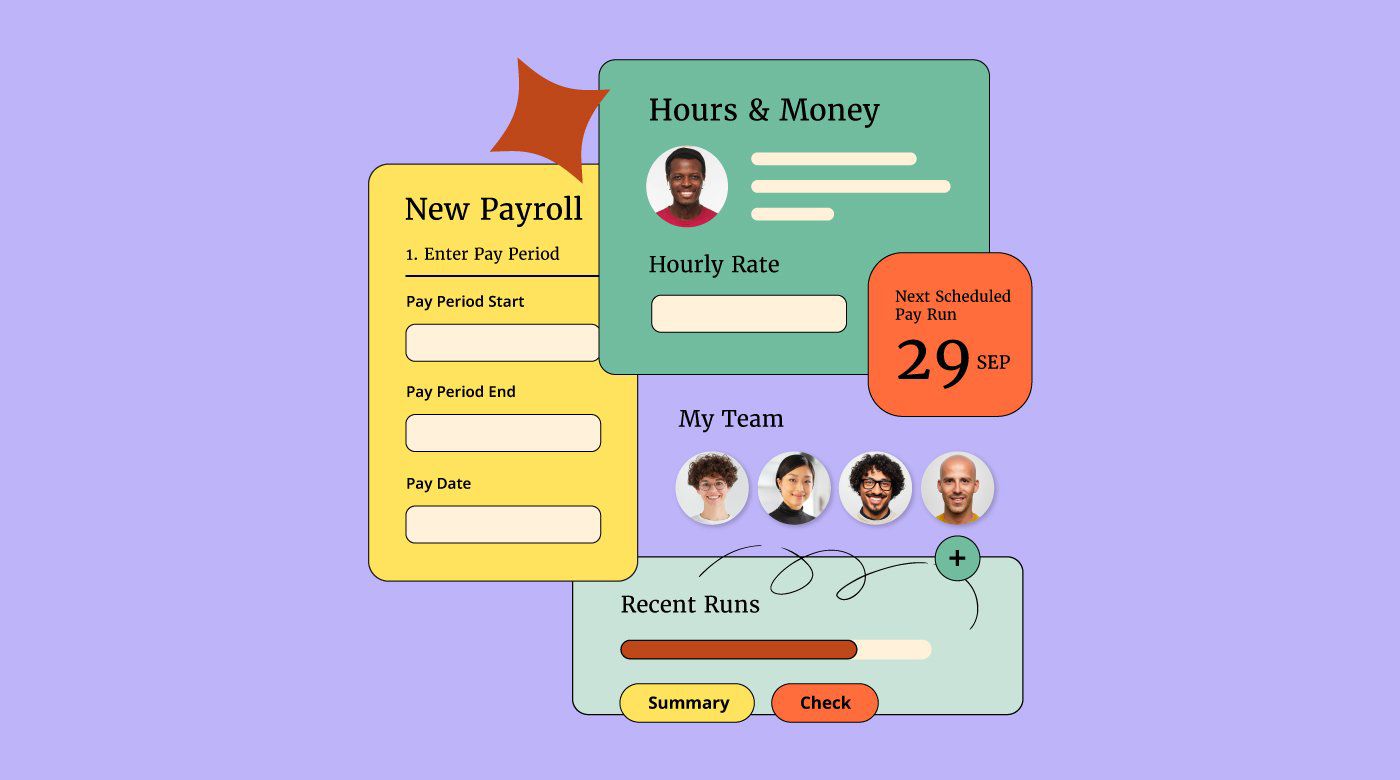 Image Source: The Economic Times
Image Source: The Economic Times
India, an emerging world center of artificial intelligence, is grappling with a serious shortage of agentic AI talent at the moment when demand for sophisticated autonomous AI systems surges. As companies move beyond low-level automation to deploying intelligent agents that can make autonomous decisions, the talent shortage risks dampening innovation and the nation's ambitions in the international AI economy.
What is Agentic AI and Why Does it Matter?
Agentic AI is a type of artificial intelligence system capable of independently making decisions, taking actions, and adjusting to dynamic environments without the need for continuous human supervision.
These systems form the basis for future-generation applications in healthcare, manufacturing, finance, and autonomous transportation, enabling sophisticated business problem-solving and decision-making.
Current State of the Talent Shortage
-
India has fewer than 100,000 agentic AI professionals, while the demand is expected to double to 200,000 in 2026.
-
There is only approximately 40% of existing demand for agentic AI talent currently being fulfilled, with AI architects being among the most challenging roles to fill.
-
The overall AI industry is hit with an even wider deficit: by 2027, AI job vacancies in India may number 2.3 million, but the talent pool would only increase to 1.2 million, with a deficiency of more than a million expert professionals.
Industry and Salary Trends
-
Shortage is pushing salaries upwards: 2–5-year-experienced agentic AI specialists can make ₹25 lakh annually, up from ₹8 lakh for mainstream developers and ₹13 lakh for AI specialists.
-
Between mid-senior ranks, salaries may span ₹80 lakh to ₹2 crore annually.
-
Designations such as "agentic AI architect" and "AI agent engineer" are beginning to make headlines as organizations vie to hire individuals with such specialist skills.
Drivers of Demand
-
The boom is driven by a move away from basic chatbots and automation towards intelligent agents that are capable of running tasks autonomously.
-
More than 80% of Indian companies are currently exploring or creating autonomous AI agents, with multi-agent workflows and generative AI (GenAI) experiments gaining momentum.
-
The AI agent market in India is expected to expand from $5.1 billion in 2024 to $47.1 billion by 2030.
Challenges and Implications
-
The skill gap is already holding back AI adoption, as 44% of executives listed a lack of in-house capabilities as a barrier to the implementation of sophisticated AI technologies.
-
The shortage may stand in the way of India's plans to become a leader in the global AI economy, particularly as industries such as healthcare, manufacturing, and customer service depend more on agentic AI.
-
Upskilling and reskilling are of the essence: experts emphasize the requirement for mass-scale workforce transformation, collaborations with education institutions, and government-industry training programs.
The Road Ahead
-
Firms are encouraged to look beyond conventional recruiting and invest in ongoing learning and innovation-centered ecosystems to bridge the gap.
-
Systematic upskilling programs, collaborations with academia, and the use of AI-powered training tools have been recognized as essential steps to equip India's workforce with the capabilities needed for the AI-powered future.
Relevant Sources: Economic Times, Times of India, People Matters, Indian Express, Deloitte
Advertisement
Advertisement





